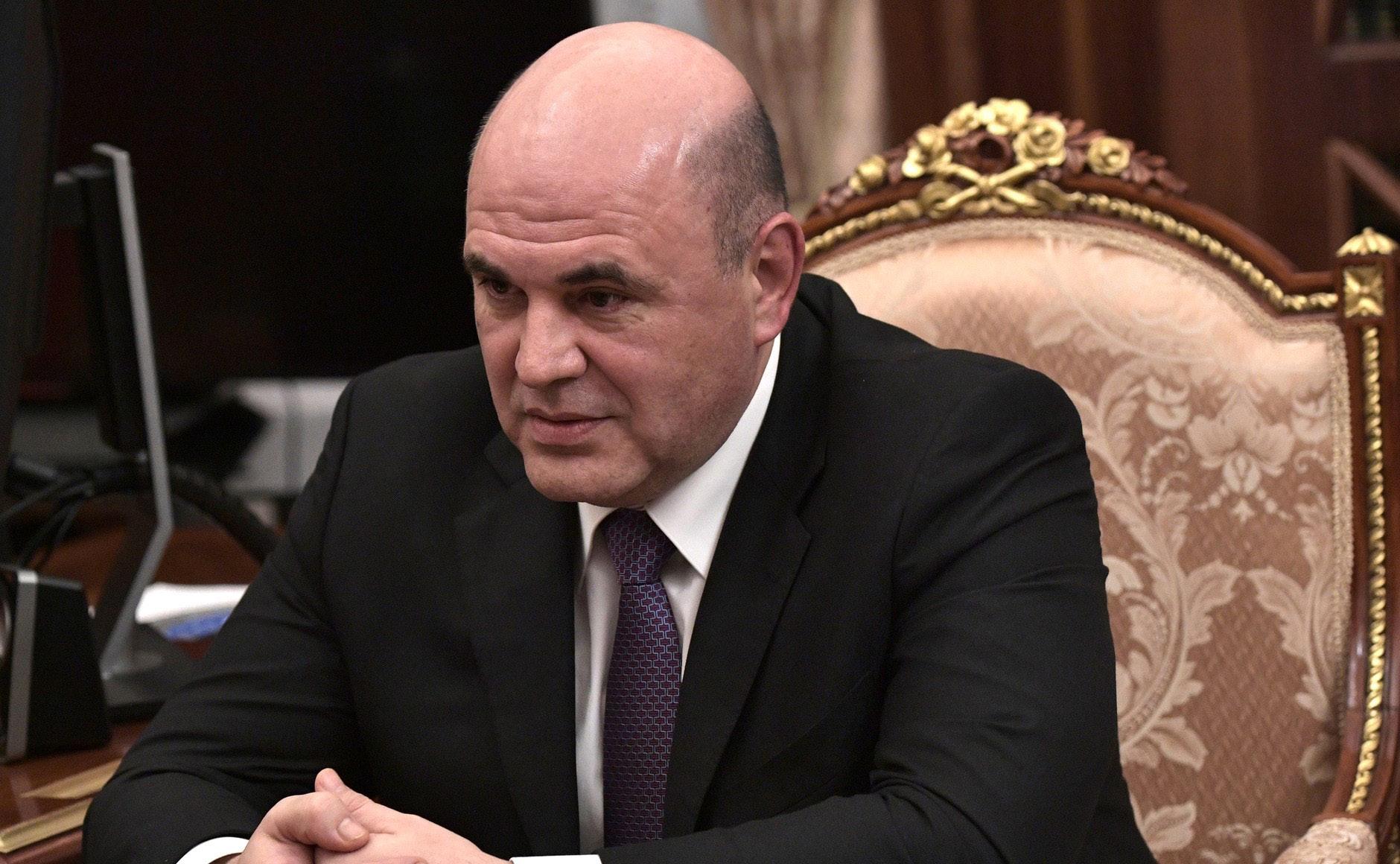
4 minute read
A NEW PRIME MINISTER FOR SPECIAL ASSIGNMENTS?
how fast this decision has been made - with the constitutional amendments announced, followed up by the government’s resignation, the appointment of a new prime minister and setting up a working group to amend Russia’s constitution, all within one day - Putin seeks to lay the groundwork for a quicker transition of power. The president’s ambition is to push through the constitutional amendments, perhaps to get it sealed altogether with the State Duma elections. Once accomplished, this step would pave Putin’s way to a new system of governance in Russia and a snap presidential election. Putin, having taken on yet another post that would keep him in power, would no longer stand for the presidency. Russia’s incumbent president may eye three possibilities to extend his rule by becoming prime minister, chairman of the State Duma, the lower house of the Russian parliament, or the head of the State Council. If further changes are pushed through and a new model established, the State Duma speaker will surely grow in importance. But another solution seems a way more critical, with Putin chairing the State Council. The president may seek to reshape this advisory body, created in 2000, into a type of “supra-government” headed by him personally. But is this what he really wants to? Much more will be known about Putin’s aspirations after revealing what powers will be given to the State Council.
Yet another vital question is the name of Putin’s successor. After Dmitry Medvedev resigned, he was assigned to a new position in the Russian Security Council in a move that lessened his chance to run for president – at least at this stage. Poised to succeed Medvedev as Russia’s next prime minister, Mikhail Mishustin will be appointed the interim head of the government just like Fradkov and Zubkov sometime before. Much can still change as for Putin’s proposals as the president has just given himself more room for maneuver after leaving the presidency in 2024. It is yet too early to predict for sure how the final reshuffle may look like. Nonetheless, Putin’s urge that Russia should remain a “strong presidential republic” might hint he will take on a new job of the chairman of the State Council yet armed with greater powers. For instance, he could temporarily freeze the president’s decisions and legal acts or enjoy real control of the army and the siloviki.
Advertisement
A NEW PRIME MINISTER FOR SPECIAL ASSIGNMENTS? 19 January 2020
The decision on who was to replace Dmitry Medvedev as Russia’s next prime minister has shown Putin’s aspiration to improve the image of the government while pushing forward his social agenda more smoothly and efficiently. Unlike his predecessor, Mikhail Mishustin offers greater guarantees to go ahead with a way more effective economic policy.
Why was he then named as Russia’s next prime minister? Many say that Mishustin is known for getting things done; during his near-decade long tenure at Russia’s Federal Tax Service (FNS), he formed a group of roughly 150,000 employees to oversee tax collections more effectively, a move that in nine years tripled the amount of money delivered to the federal budget. Before Mishustin took the job in the Federal Tax Service, Russia was
believed to have lost as much as $16.2 billion a year in tax revenues. Mishustin’s agency collected $345 billion in 2018, tripling the amount it brought in when the official took over in 2010. In 2019, tax revenues were about 8 percent higher than a year before. The Federal Tax Service so far has proved particularly productive in combatting valueadded tax evasion. The discrepancy between expected value-added tax receipts and actual receipts dropped to less than 1 percent from more than 10 percent in 2015.
The Kremlin needs to see such a man at the helm of the government right now. Medvedev has failed to meet economic and social programs Putin had long trumpeted. Also, his government struggled to implement the president’s “national projects,” a $400 billion spending program that seeks to boost and give a new impetus to the country’s economic growth. This has morphed into the Kremlin’s top priority, as corroborated by Putin’s address on January 15. What was initially expected was that Vladimir Putin could first and foremost mention Russia’s ongoing social challenges
SOURCE: KREMLIN.RU
while admitting that the time had come for a change to make people’s lives better. Indeed, Putin opened up his speech with a list of promises. In his address, Putin vowed monthly cash handouts for low-income families for children aged up to 7 years old, free lunches for younger pupils in all Russian schools, and payments and benefits to be offered to mothers after the birth of their first and second child.
According to the finance ministry, this will cost the budget an additional $7.5 billion per year. In its latest demographic forecast, Rosstat, the national statistics office, said the country’s population might shrink from the present 147 million to 134 million by 2036 because of a low birth rate, high mortality and fewer immigrants that decide to settle in Russia. What Putin believes is that cash incentives are enough to encourage Russian women to give birth. The problem is that neither payments nor benefits could make up for any financial difficulties faced by Russian families. Perhaps this could be solved through a brand-new policy leveraged by the country’s newly nominated prime minister.










